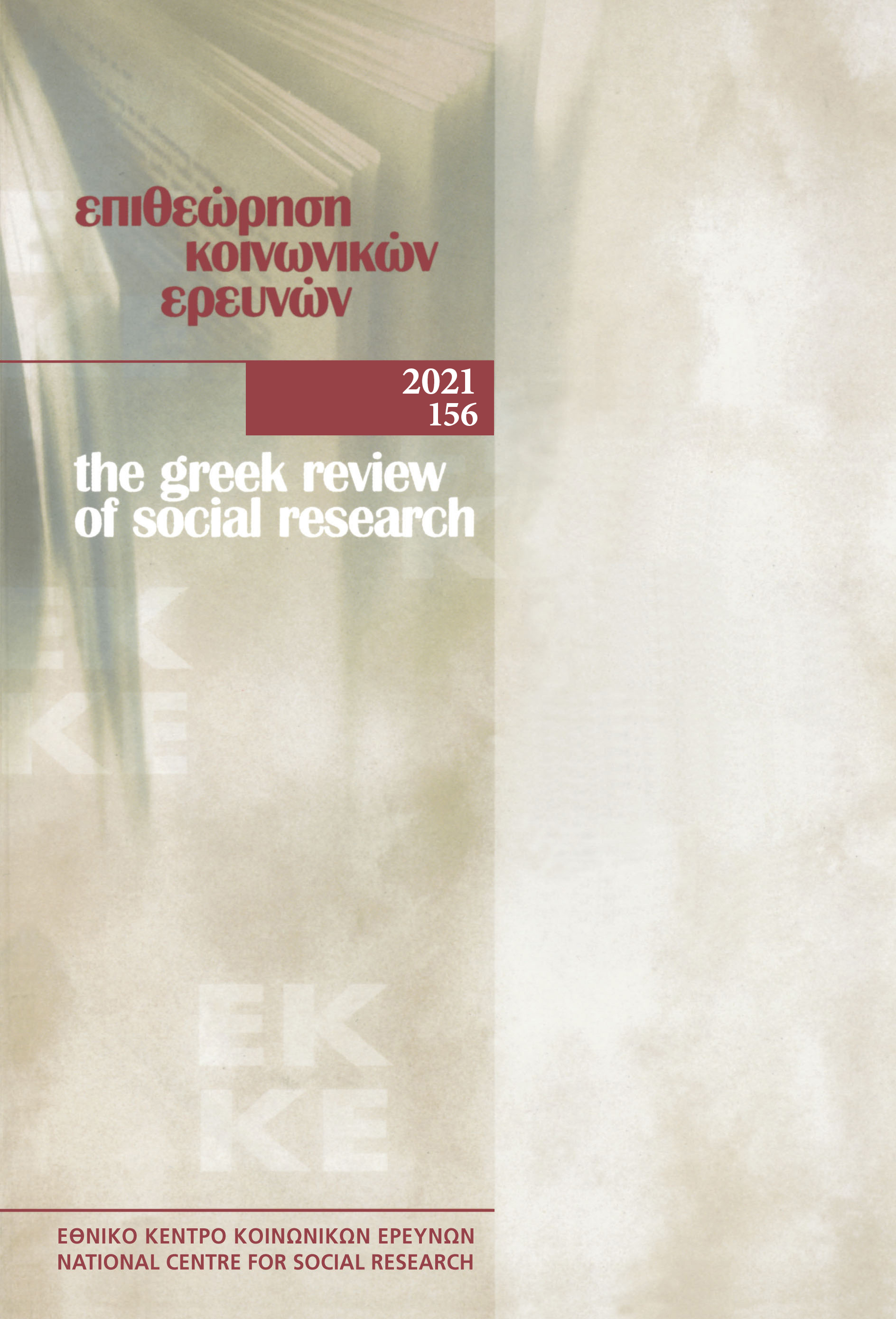Cultural intersection between «East» and «West»: The case of the German Archaeological Institute in Greece (19th – First decades of the 20th Century)

Abstract
This paper is focused on the case of the German Archeological Institute of Athens in the context of the broader research undertaken by the authors on the role of Foreign Archaeological Schools in Greece as mechanisms for the fabrication and construction of cultural strategies and thus possible/functioning political intervention tools.
The authors examine the underlying narrative which frames the foundation, the positioning and the role of the German Archaeological Institute in the Greek space during the «long 19th Century» and the way this crosses with the national/european rhetoric of the time including the Greek. In parallel, they review in what ways the German paradigm is characterized through its nature and dynamics by its own particular goals while offering at the same time fertile ground for the comparative understanding of the contrasting strategies of the various Foreign Archaeological Schools in Greece. In their study, they underline that politics and culture are two intertwining pillars and should be viewed and explained in this light.
Article Details
- How to Cite
-
Tountasaki, E., & Maroniti, N. (2021). Cultural intersection between «East» and «West»: The case of the German Archaeological Institute in Greece (19th – First decades of the 20th Century). The Greek Review of Social Research, 156, 119–138. https://doi.org/10.12681/grsr.25949
- Issue
- 2021: 156
- Section
- Articles

This work is licensed under a Creative Commons Attribution-NonCommercial 4.0 International License.
Authors who publish with this journal agree to the following terms:
- Authors retain copyright and grant the journal right of first publication with the work simultaneously licensed under a Creative Commons Attribution Non-Commercial License that allows others to share the work with an acknowledgement of the work's authorship and initial publication in this journal.
- Authors are able to enter into separate, additional contractual arrangements for the non-exclusive distribution of the journal's published version of the work (e.g. post it to an institutional repository or publish it in a book), with an acknowledgement of its initial publication in this journal.
- Authors are permitted and encouraged to post their work online (preferably in institutional repositories or on their website) prior to and during the submission process, as it can lead to productive exchanges, as well as earlier and greater citation of published work (See The Effect of Open Access).


